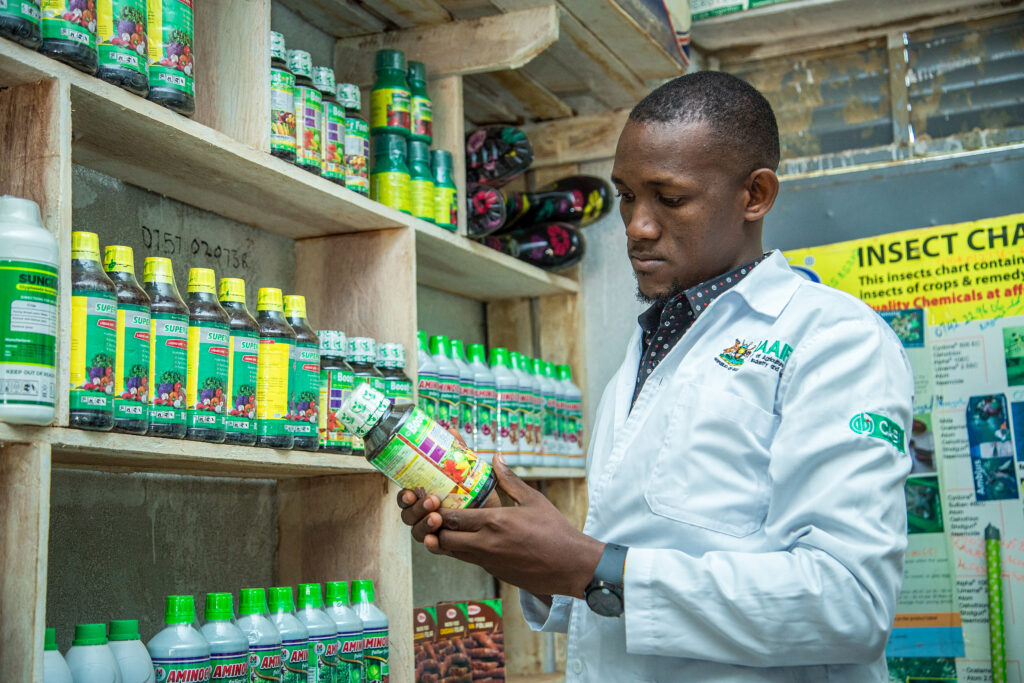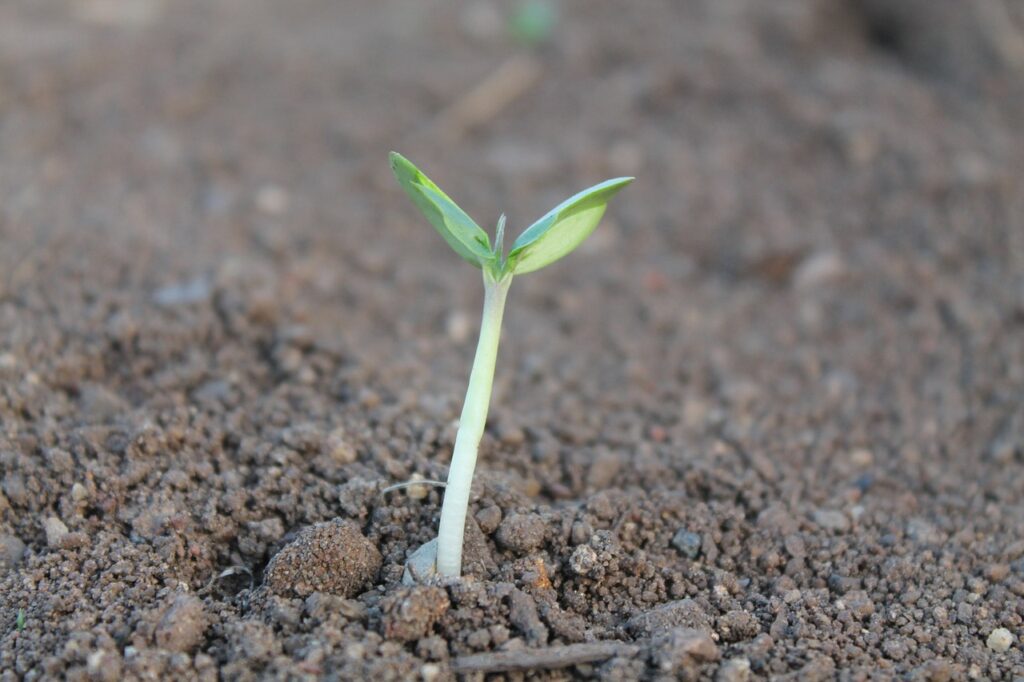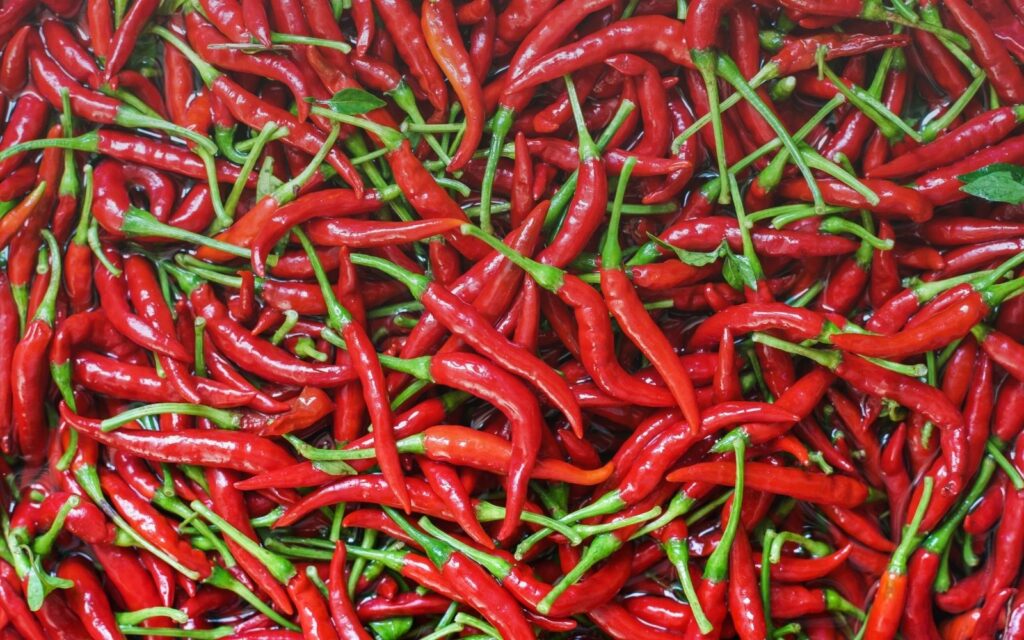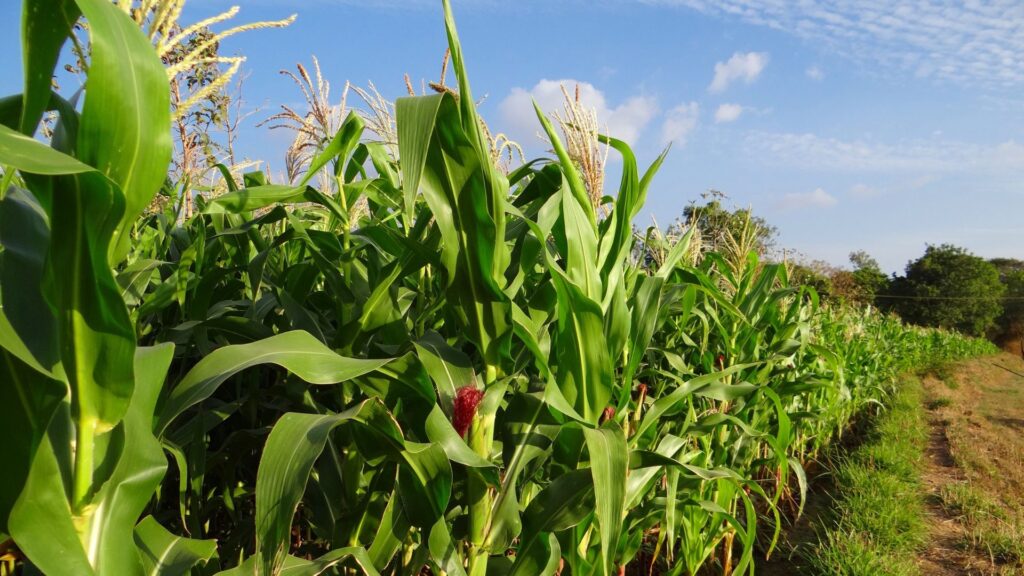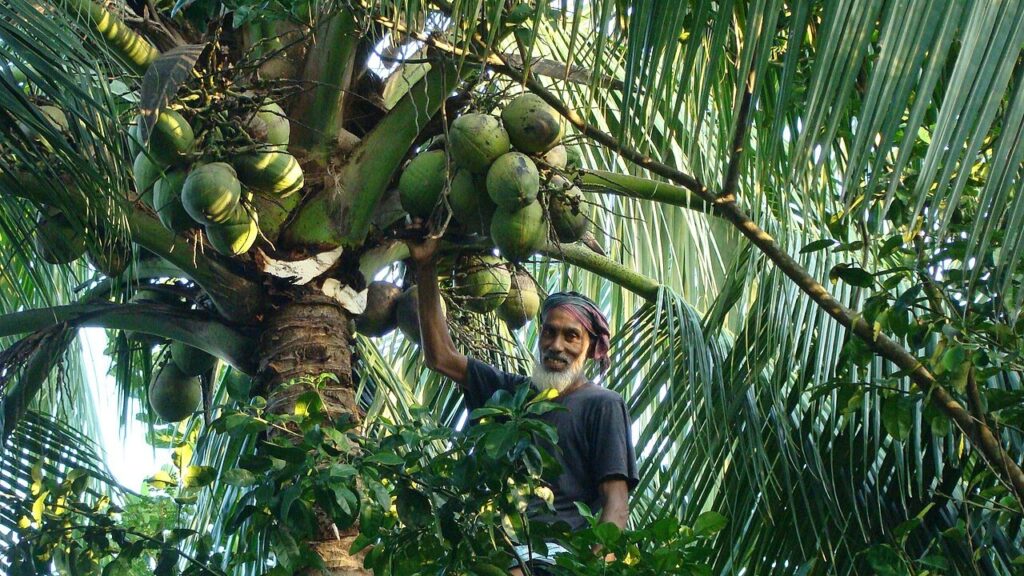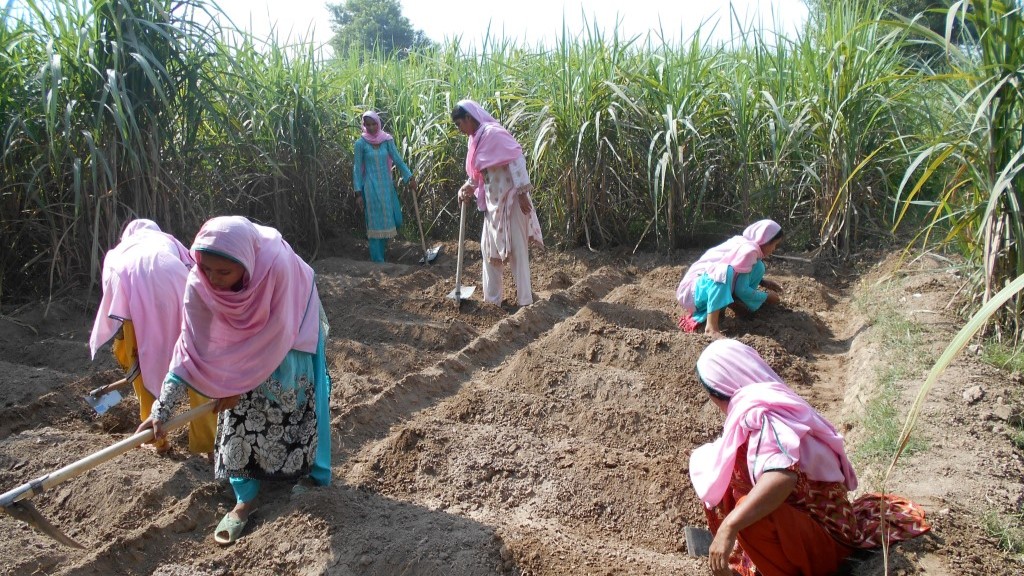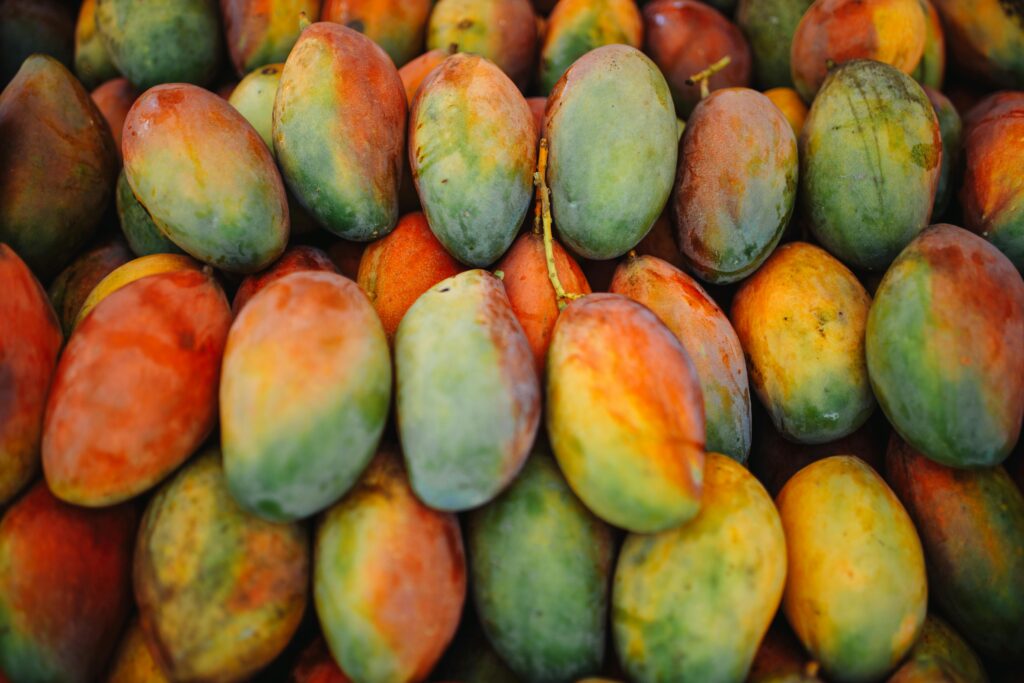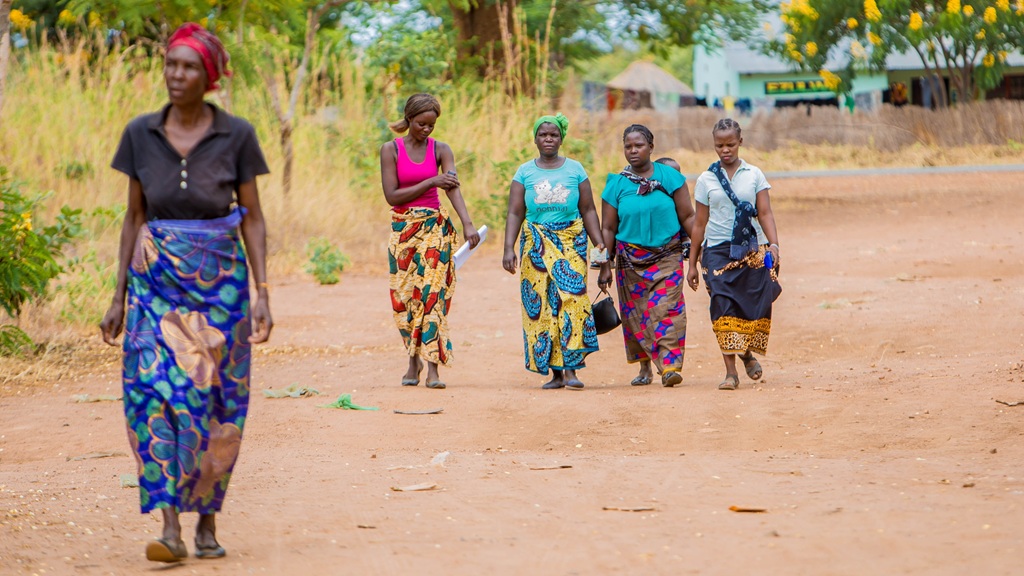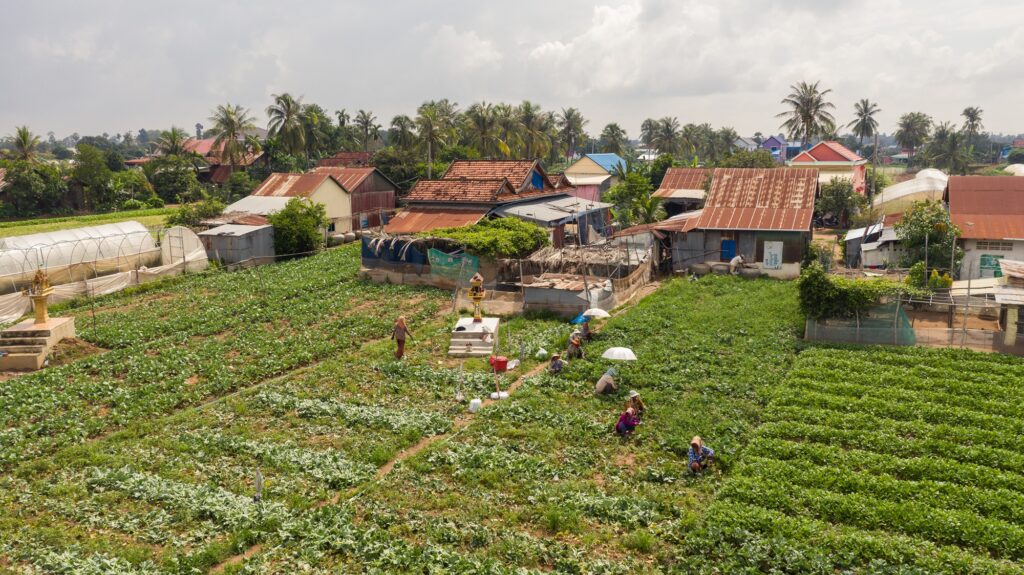“Use of any pesticide comes with some risk, but this risk can be reduced”
Pesticides are a widely used pest management option. However, if applied incorrectly, they can pose serious risks to human health, ecosystems, and food safety. From farm workers and consumers to pollinators and waterways, the impacts of unsafe pesticide use can be far-reaching.
5 common chilli pests and diseases
Chilli pests and diseases can considerably impact crop production. Not only can pest and disease outbreaks lead to severe yield losses, but they also reduce quality and lower market value. In many countries, including India, Bangladesh, Malawi, and Thailand, chilli is a vital cash and export crop contributing significantly to livelihoods and local economies. Effective…
Pest preparedness in action: Preventing the coconut hispine beetle invasion in Bangladesh
The coconut hispine beetle (Brontispa longissima) is a destructive pest of palms, including coconut palms. It is a major pest in Southeast Asia, the Pacific and parts of South Asia. For several years, Bangladesh has recognized the potential threat that the beetle poses. It has worked to prevent its outbreak using a pest preparedness strategy.…
Empowering women farmers in Pakistan with pest control knowledge
Women farmers in Pakistan play a central role in the country’s economy. However, many struggle to access essential information about sustainable farming approaches. Women make up nearly 66% of the agricultural workforce in Pakistan. Yet they receive very little agricultural extension advice. This lack of support creates serious challenges, particularly when it comes to managing…
Empowering women farmers through Gender Technical Working Groups
How PlantwisePlus is championing gender equality in agriculture through GTWGs Gender Technical Working Groups play a vital role in advancing equality in rural communities. Women in villages often have less access to knowledge, resources and power than men. They are less likely to be able to attend agricultural training. In addition, many struggle to secure…

